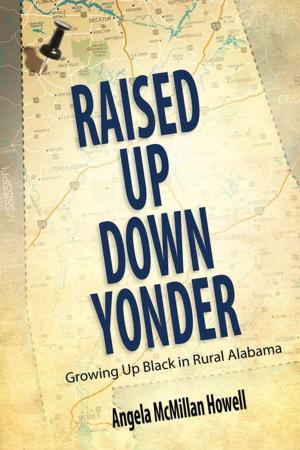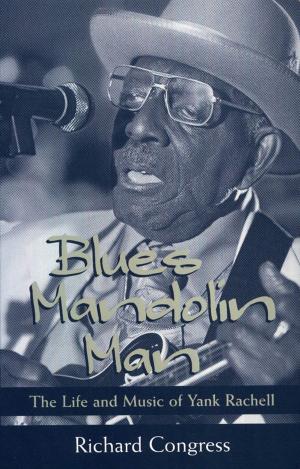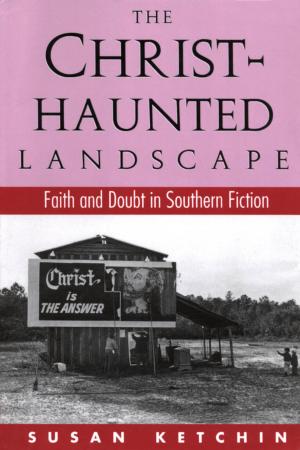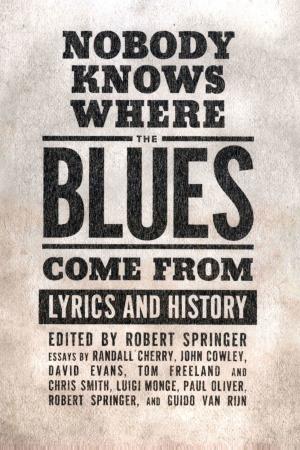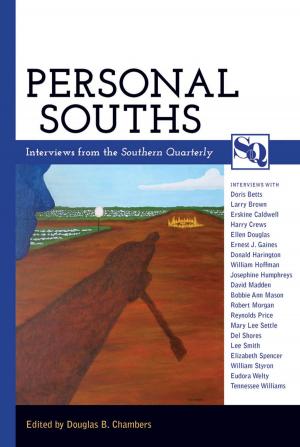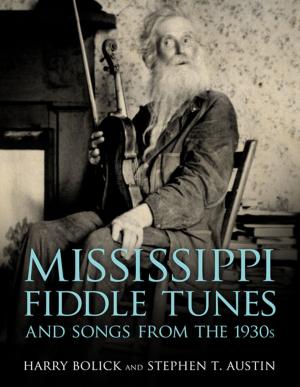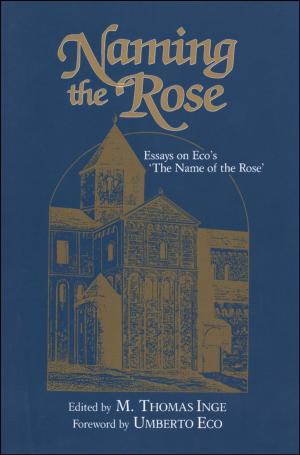Faulkner and Formalism
Returns of the Text
Fiction & Literature, Literary Theory & Criticism, American, Nonfiction, Entertainment, Drama, Anthologies, Essays & Letters, Essays| Author: | ISBN: | 9781617032578 | |
| Publisher: | University Press of Mississippi | Publication: | February 28, 2012 |
| Imprint: | University Press of Mississippi | Language: | English |
| Author: | |
| ISBN: | 9781617032578 |
| Publisher: | University Press of Mississippi |
| Publication: | February 28, 2012 |
| Imprint: | University Press of Mississippi |
| Language: | English |
Faulkner and Formalism: Returns of the Text collects eleven essays presented at the Thirty-fifth Annual Faulkner and Yoknapatawpha Conference sponsored by the University of Mississippi in Oxford on July 20-24, 2008. Contributors query the status of Faulkner's literary text in contemporary criticism and scholarship. How do scholars today approach Faulkner's texts? For some, including Arthur F. Kinney and James B. Carothers, "returns of the text" is a phrase that raises questions of aesthetics, poetics, and authority. For others, the phrase serves as an invitation to return to Faulkner's language, to writing and the letter itself. Serena Blount, Owen Robinson, James Harding, and Taylor Hagood interpret "returns of the text" in the sense in which Roland Barthes characterizes this shift his seminal essay "From Work to Text." For Barthes, the text "is not to be thought of as an object . . . but as a methodological field," a notion quite different from the New Critical understanding of the work as a unified construct with intrinsic aesthetic value. Faulkner's language itself is under close scrutiny in some of the readings that emphasize a deconstructive or a semiological approach to his writing. Historical and cultural contexts continue to play significant roles, however, in many of the essays. The contributions by Thadious Davis, Ted Atkinson, Martyn Bone, and Ethel Young-Minor by no means ignore the cultural contexts, but instead of approaching the literary text as a reflection, a representation of that context, whether historical, economic, political, or social, these readings stress the role of the text as a challenge to the power of external ideological systems. By retaining a bond with new historicist analysis and cultural studies, these essays are illustrative of a kind of analysis that carefully preserves attention to Faulkner's sociopolitical environment. The concluding essay by Theresa Towner issues an invitation to return to Faulkner's less well-known short stories for critical exposure and the pleasure of reading.
Faulkner and Formalism: Returns of the Text collects eleven essays presented at the Thirty-fifth Annual Faulkner and Yoknapatawpha Conference sponsored by the University of Mississippi in Oxford on July 20-24, 2008. Contributors query the status of Faulkner's literary text in contemporary criticism and scholarship. How do scholars today approach Faulkner's texts? For some, including Arthur F. Kinney and James B. Carothers, "returns of the text" is a phrase that raises questions of aesthetics, poetics, and authority. For others, the phrase serves as an invitation to return to Faulkner's language, to writing and the letter itself. Serena Blount, Owen Robinson, James Harding, and Taylor Hagood interpret "returns of the text" in the sense in which Roland Barthes characterizes this shift his seminal essay "From Work to Text." For Barthes, the text "is not to be thought of as an object . . . but as a methodological field," a notion quite different from the New Critical understanding of the work as a unified construct with intrinsic aesthetic value. Faulkner's language itself is under close scrutiny in some of the readings that emphasize a deconstructive or a semiological approach to his writing. Historical and cultural contexts continue to play significant roles, however, in many of the essays. The contributions by Thadious Davis, Ted Atkinson, Martyn Bone, and Ethel Young-Minor by no means ignore the cultural contexts, but instead of approaching the literary text as a reflection, a representation of that context, whether historical, economic, political, or social, these readings stress the role of the text as a challenge to the power of external ideological systems. By retaining a bond with new historicist analysis and cultural studies, these essays are illustrative of a kind of analysis that carefully preserves attention to Faulkner's sociopolitical environment. The concluding essay by Theresa Towner issues an invitation to return to Faulkner's less well-known short stories for critical exposure and the pleasure of reading.

